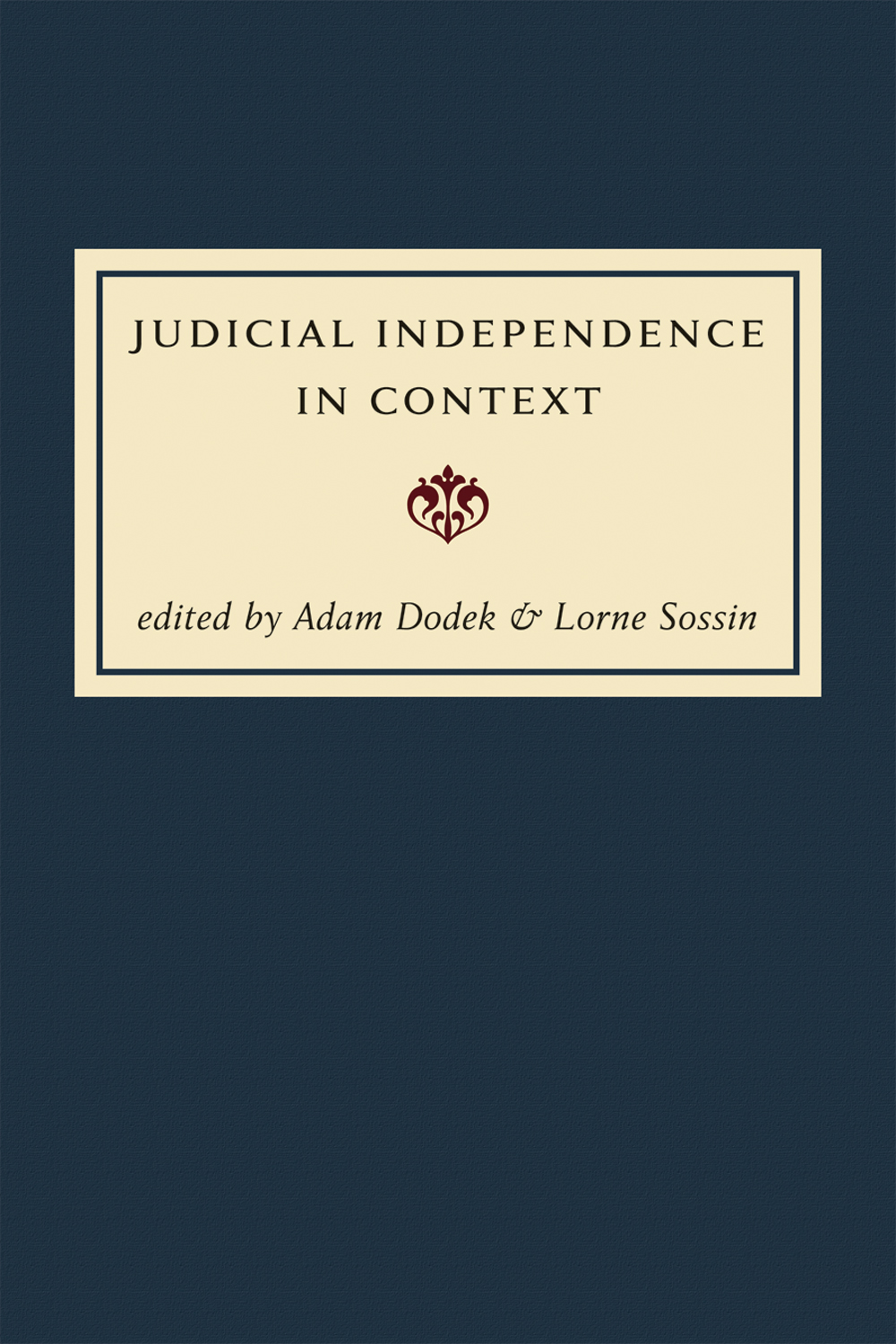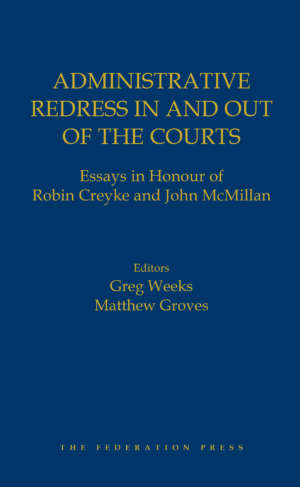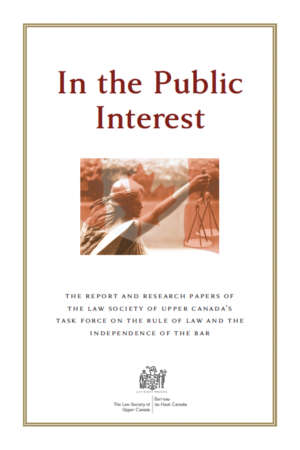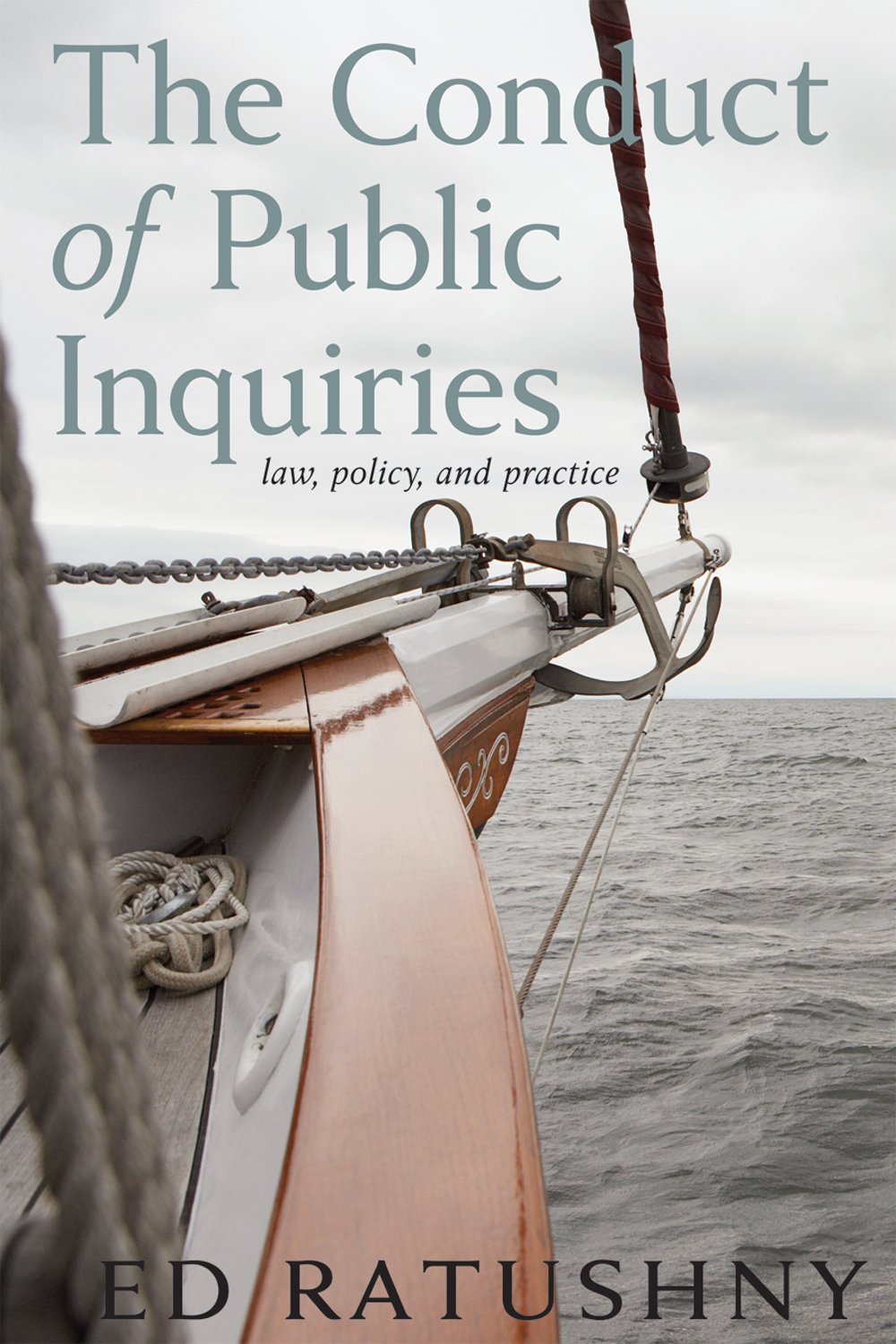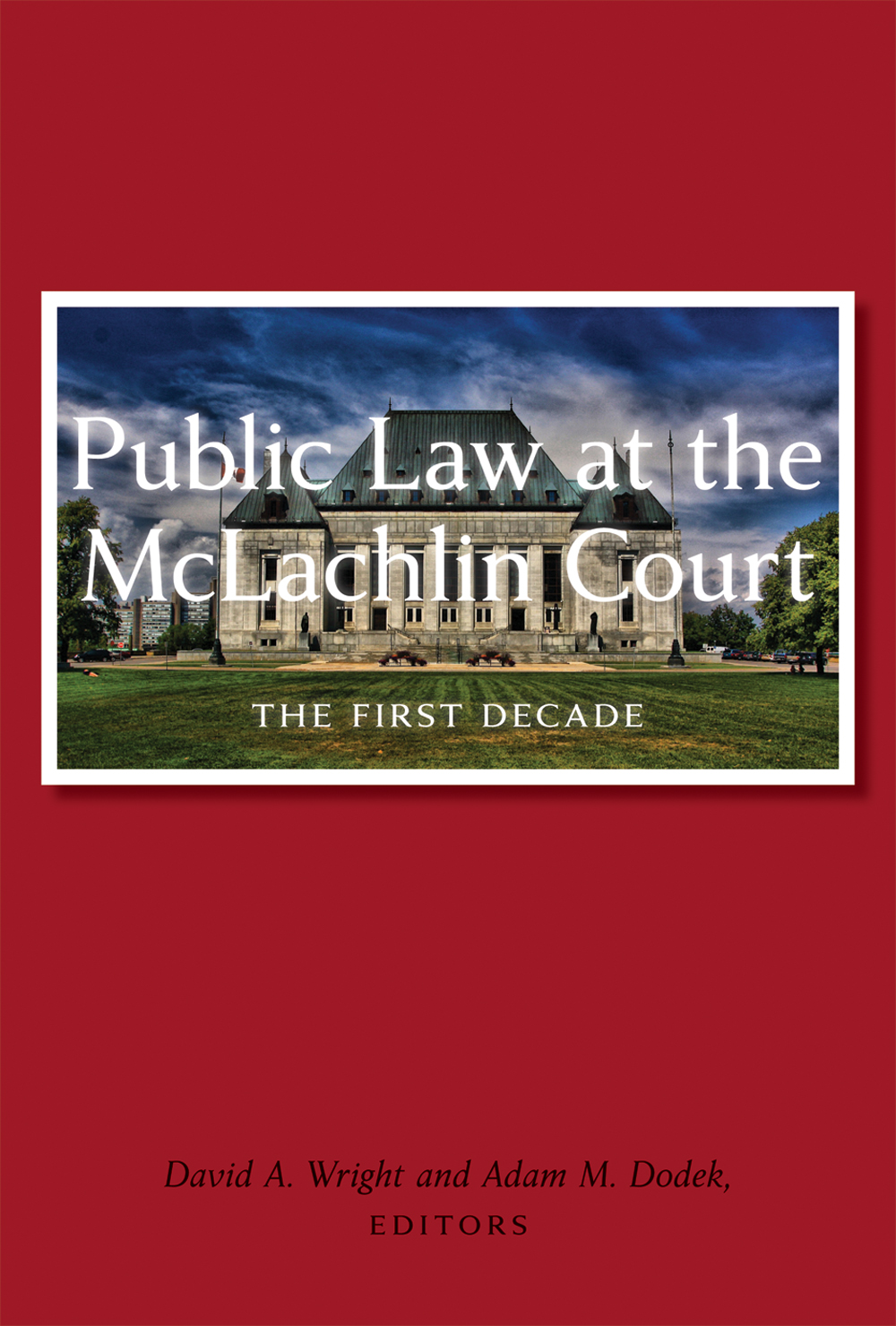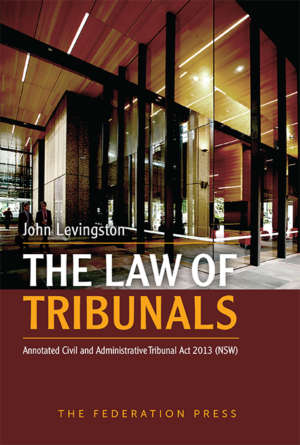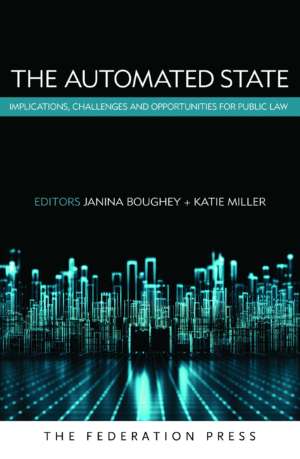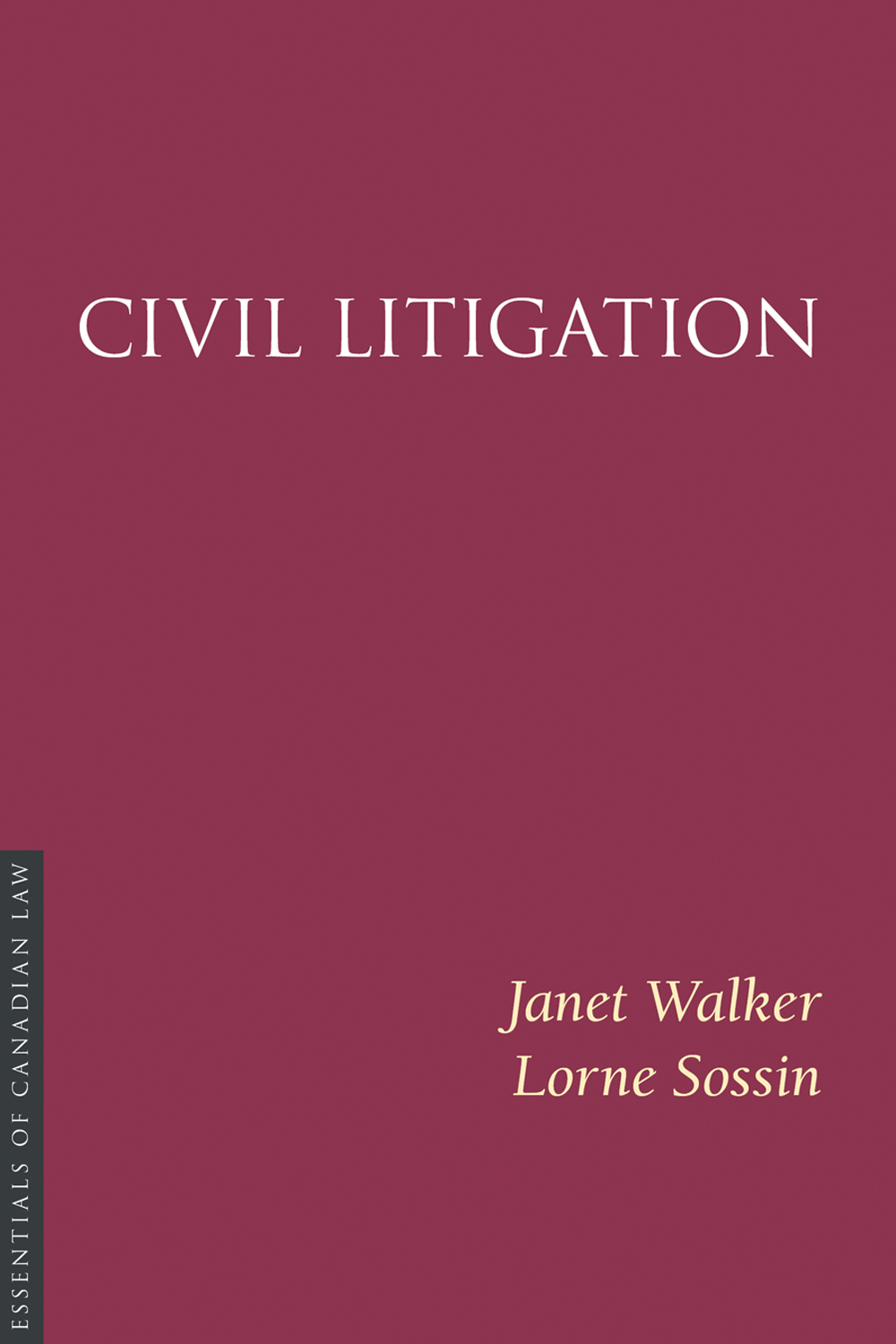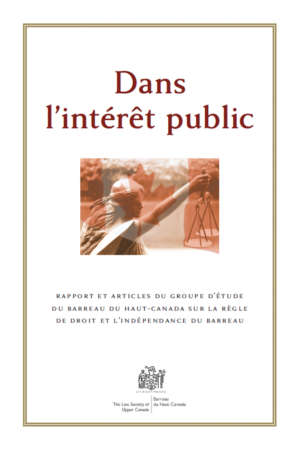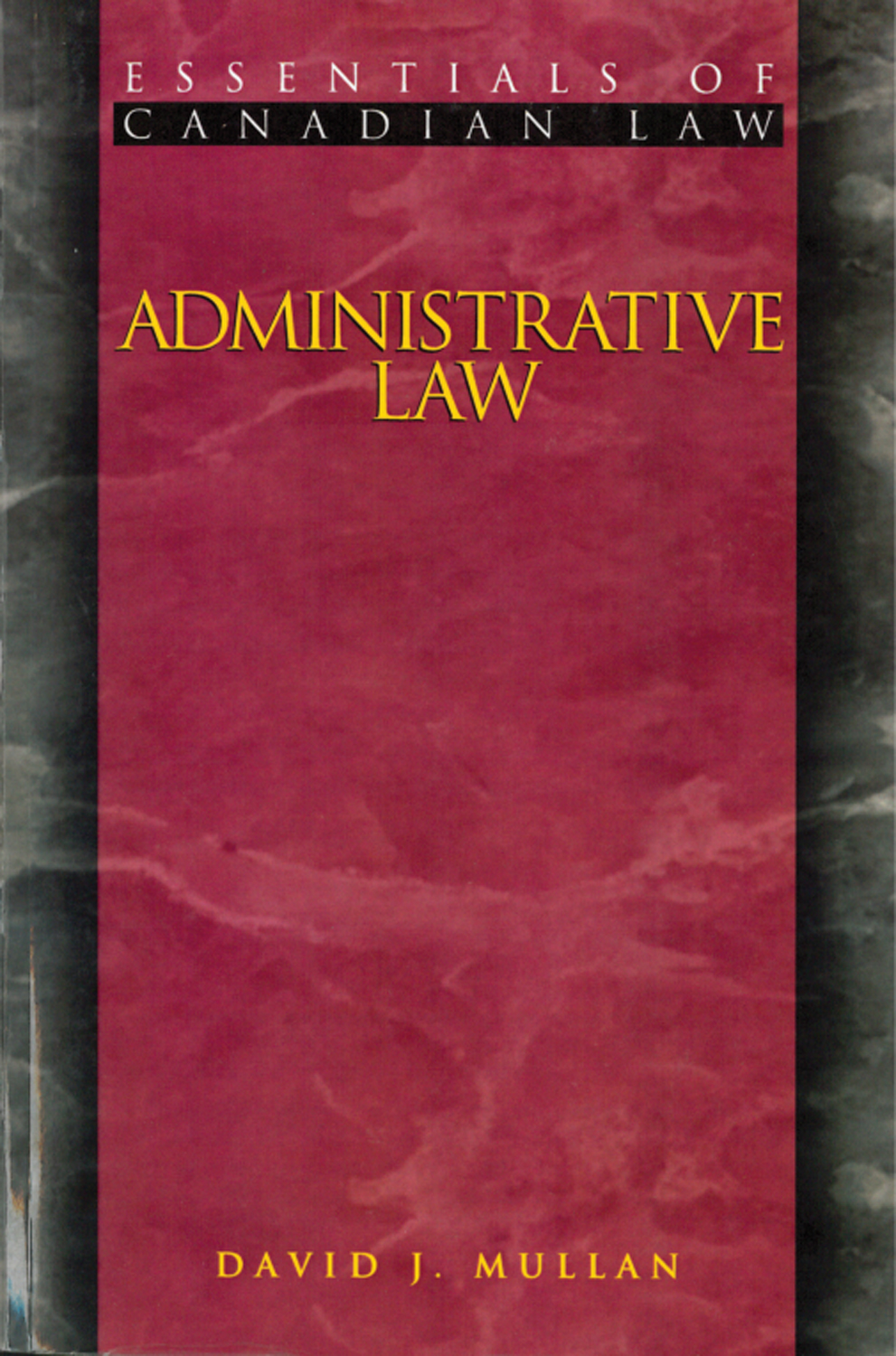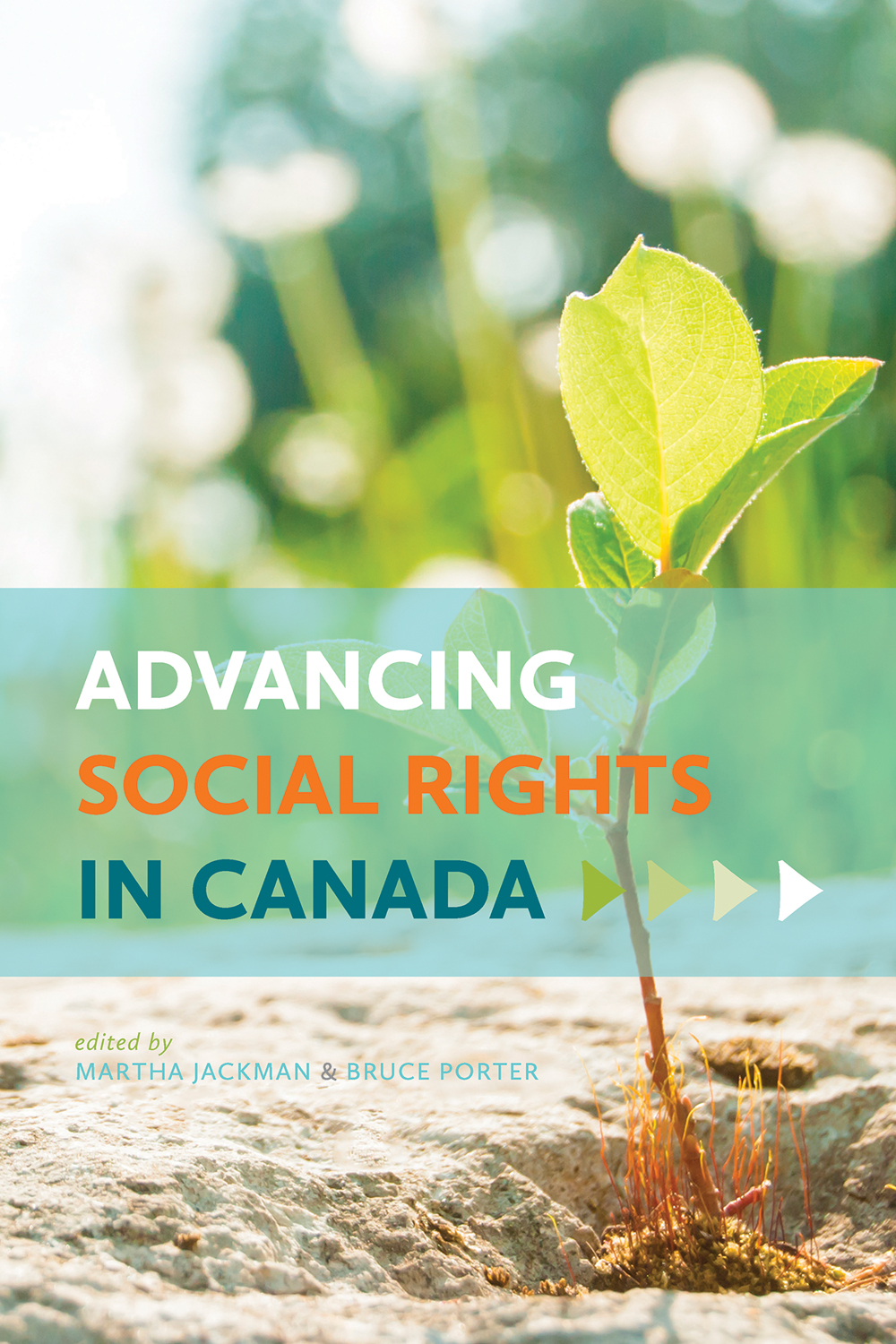Product Description
Judicial Independence in Context is a collection of essays by leading scholars, lawyers, and judges that examines both the theory and practice of judicial independence in Canada and around the world. Contributors assess the legacy of the Supreme Court of Canada’s controversial landmark decision in the Provincial Judges Reference while other essays address the need for institutional reform in Canada outside the salary remuneration setting in the areas of court administration and judicial appointments. The book also examines linkages between judicial independence and other issues such as diversity, social context education for judges, public criticism of judges, public policy, and technology. Other contributions examine issues of judicial independence in the United Kingdom, the United States, South Africa, Israel, and Pakistan.
Foreword: The Challenges of Judicial Independence Justice Richard J. Goldstone
Introduction: Judicial Independence in Context Adam Dodek & Lorne Sossin
PART I: THE LEGACY OF THE PROVINCIAL JUDGES REFERENCE
Chapter 1: The Bad Idea of Unwritten Constitutional Principles: Protecting Judicial Salaries Peter W. Hogg
Chapter 2: The Case for Dialogue in the Judicial Remuneration Process Lori Sterling & Sean Hanley
Chapter 3: Between the Judiciary and the Executive: The Elusive Search for a Credible and Effective Dispute-Resolution Mechanism Lorne Sossin
PART II: IN NEED OF BROADER REFORMS? — APPOINTMENTS AND COURT ADMINISTRATION
Chapter 4: “Be Careful What You Wish For”: Administrative Independence and Alternative Models of Court Administration — The New Frontier Graeme G. Mitchell, Q.C.
Chapter 5: Should They All Just Get Along? — Judicial Ideology, Collegiality, and Appointments to the Supreme Court of Canada Benjamin Alarie & Andrew Green
Chapter 6: Promotion of Federally Appointed Judges and Appointment of Chief Justices: The Unfinished Agenda Jacob Ziegel
PART III: CONCEPTUAL AND PRACTICAL CHALLENGES TO JUDICIAL INDEPENDENCE
Chapter 7: Reflections: On Judicial Diversity and Judicial Independence Sonia Lawrence
Chapter 8: Contradictory or Complementary?_ Reconciling Judicial Independence with Judicial Social Context Education Rosemary Cairns Way
Chapter 9: The Significance of Public Pressure on Judicial Independence Patricia Hughes
Chapter 10: Judicial Independence as a Public Policy Instrument Adam M. Dodek
Chapter 11: The Impact of Technology on Courts and Judicial Ethics: An Overview Karen Eltis
PART IV: INTERNATIONAL PERSPECTIVES
Chapter 12: Defending Judicial Independence in the British Constitution Graham Gee
Chapter 13: Judicial Independence and Impartiality in the United States?—Complexities and a Sometime Thing Jameson W. Doig
Chapter 14: Judicial Non-Dependence: Operational Closure, Cognitive Openness, and the Underlying Rationale of the Provincial Judges Reference—The Israeli Perspective Amnon Reichman
Chapter 15: The Judiciary in South Africa: Independence or Illusion? Penelope Andrews
Chapter 16: Independence and Impartiality in International Adjudication Fabien Gélinas
PART V: REFLECTIONS, NARRATIVES, AND CAUTIONARY TALES
Chapter 17: Further Reflections on A Place Apart: Judicial Independence and Accountability in Canada Martin L. Friedland
Chapter 18: The Media and Judicial Independence John Honderich
Chapter 19: Crisis in Pakistan Justice Robert J. Sharpe & Michelle Bradfield
Chapter 20: Going Too Far, Too Fast: Judicial Independence and Political Judgment Janice Gross Stein
Conclusion: A General Theory of Judicial Independence Revisited Peter H. Russell
Afterword: Judicial Independence in Canada—The Evolution Continues Justice Brian W. Lennox

